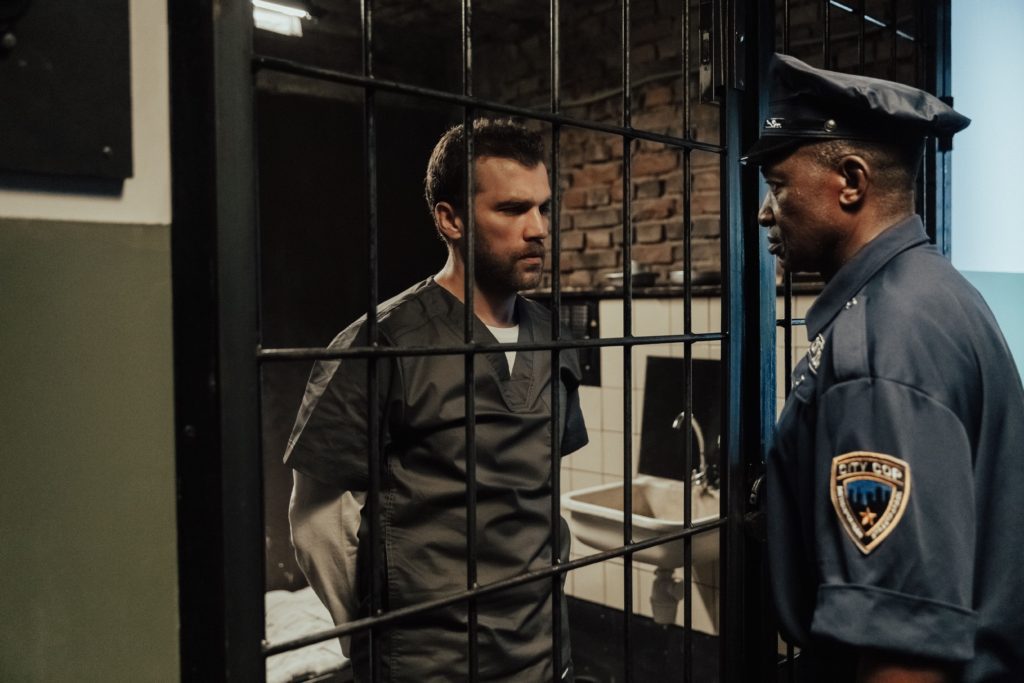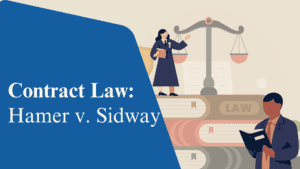
Keywords: criminal law, criminal procedure, prosecution, sentencing, probation.
1. Civil law, criminal law and administrative laws are different areas of laws
In the United States, the legal system is largely comprised of three divisions: civil, criminal, and administrative. Civil cases are private disputes between people; criminal cases are charges against the society; and administrative cases are those involving regulations of administrative agencies.
Unlike civil cases or administrative cases, criminal cases often involve more serious punishments, such as fine, incarceration, or even capital sentence.
2. Criminal Law Definition
Criminal law deals with illegal conducts prohibited by the society. As distinguished from civil law, the government is always involved in criminal cases and it is responsible for prosecuting a person or organization for violating the law.
Who defines criminal conduct?
A criminal conduct (crime) is defined by statutes and common laws. Most criminal conducts in statutes are enacted by federal, state, or local legislatures, while crimes in common laws are derived from judicial decisions of the courts.
What conducts are considered criminal?
A conduct is considered criminal when the government decide that the conduct is dangerous to citizens or the society and therefore enacts laws banning such conduct. Common examples of criminal conducts include:
- Arson
- Manslaughter
- Battery
- Burglary
- Robbery
- Drug Possession
- Rape
- Sexual Assault
- Domestic Violence
- Money Laundering
- Securities Fraud
- Embezzlement
- Extortion

3. Prosecution
What is criminal prosecution and who prosecutes?
Criminal prosecution is the action of government charging someone with a crime. A crime can be prosecuted at the federal, or state levels. At the federal level, U.S. attorneys serve as the legal representatives of federal government to prosecute violations of federal laws; at the state level, state prosecutors serve as the legal representatives of state governments to handle criminal prosecutions.
What are the jurisdictions of state and federal governments when it comes to criminal cases?
When it comes to criminal law, the jurisdiction often refers to a government’s authority to arrest, charge, try, and convict someone.
- The federal government has jurisdiction over someone who (1) violate the federal laws, (2) commit crimes on federal property, and (3) commit crimes which occur in more than one states.
- A state government has jurisdiction over someone who violate the laws of that state.
4. Criminal law and criminal procedure
Definition
Criminal law is the substantive law that defines criminal conducts and penalties of those conducts, while the law of criminal procedure regulates the methods used to arrest, investigate, and charge someone who commits a crime.
For example, criminal law defines first-degree murder as deliberately causing the death of someone else and the offender can be subject to life imprisonment. As for the example of criminal procedure, the law of criminal procedure provides that the criminal process include:
- Investigation
- Booking
- Bail
- Arraignment
- Discovery
- Plea bargaining
- Preliminary hearing
- Pre-trial motions
- Trial
- Post-trial motions
- Sentencing
- Appeal

4. Sentencing
Several weeks after someone is found guilty, he will return to the court to be sentenced. Sentencing refers to as declaring the punishment of someone who committed a crime; and the punishment of a criminal conduct is located in criminal law.
The judges often refer to a set of sentencing guidelines while considering a variety of aggravating or mitigating factors to decide the punishment. Common types of sentences include:
- probation
- community service
- monetary fines
- restitution to victims
- forfeiture of property
- restitution to victims
- home incarceration
- incarceration in jail or prison
- capital sentence
- split sentence
What is probation?
A probation, also known as suspended sentence, is a period of supervision of someone who committed a crime by a probation officer. Instead of sending the criminal offender to jail, the court set the person free as long as he/she agree to do certain thing, such as participating in community service or taking drug tests, under the supervision of a probation officer.
However, if a criminal offender violates the rule of the probation, he/she has to go back to the court and face the possibility of being sent to prison or jail for violating the rule.


Comments
Pingback: The Three Elements of a Crime - CovertProfession